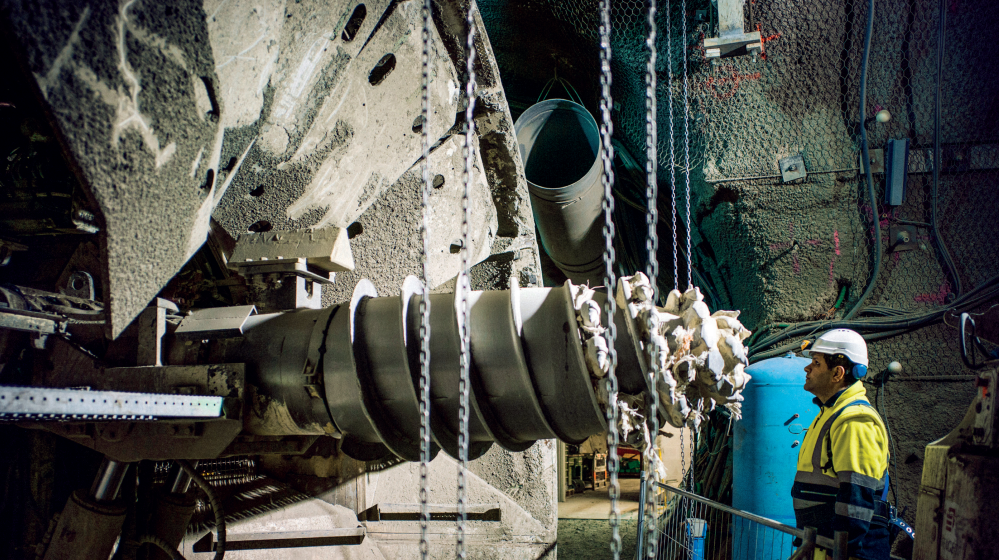FRANCE is among the countries making progress in developing a GDF. The French national radioactive waste management agency, Andra, submitted a construction licence application in January for its Cigéo project (Industrial Centre for Geological Disposal).
This is a GDF for radioactive waste to be built at a site straddling the Meuse and Haute-Marne districts in the north east of the country. The facility will dispose of highly radioactive, long-lived waste produced by France’s nuclear facilities. Andra has said this “crucial step” follows more than 25 years of research work.
The Cigéo project – which is similar to GDFs under construction or under consideration worldwide – aims to protect people and the environment from the danger posed by radioactive waste by disposing of it deep underground, which isolates the waste from the surface by housing it in suitable rock, which provides containment.

Andra has said that deep disposal meets the “ethical responsibility” of not passing on to future generations the responsibility for waste created now. The developer added: “We are demonstrating our responsibility to future generations, especially against the background of uncertainty in our society, to make sure that we do not leave them with the burden of the radioactive waste that we have produced.”
The French parliament embraced the principle of deep geological disposal more than 10 years ago, believing it to be the safest solution for radioactive waste. France is not alone in opting for deep geological disposal – this is the favoured option across Europe, internationally and in the UK.
Like Nuclear Waste Services (NWS), the GDF developer in the UK, French agency Andra, is committed to an active, joint construction process with the community. This approach involves ongoing discussion with the planned GDF’s neighbours, as well as a consultation with the region’s stakeholders.
Andra has said Cigéo represents an opportunity for the host region, particularly in terms of employment – even before construction begins, jobs will be created by site preparation and preliminary development. The GDF’s construction will require up to 2,000 people over five years. The workforce will stabilise at around 600 people during site operation. Cigéo will also generate indirect jobs for more than a century.
Andra is also involved in training young people through partnership agreements with the Universities of Lorraine and Champagne-Ardenne, as well as local vocational colleges. The agency also welcomes students for work-study programmes and internships, and supports doctoral theses on subjects related to its activities.
Dr Simon Norris, NWS Principal Research Manager, said: “NWS and Andra have worked together for decades. Such international collaboration ensures effective knowledge exchange, the sharing of ideas and experiences, and is very cost-effective and time-efficient. NWS is very interested to further its understanding of the suitability of the rocks present in Mid Copeland to host the UK’s GDF – this is an essential part of the siting process alongside community willingness to participate. Drawing on international experience will be a key input to this process.”
